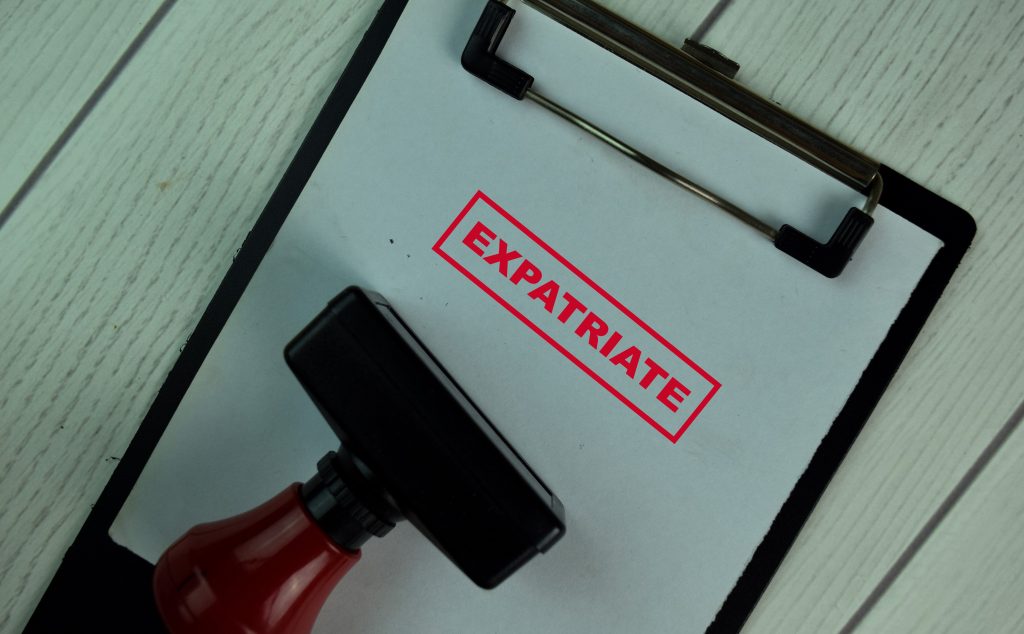
The tax treaty for the avoidance of double taxation between the French government and the government of the United Arab Emirates was signed on July 19, 1989 and was amended in 1993 to now also include a multilateral convention to prevent base erosion and profit shifting since the entry into force 1er January 2019 (the " Convention ").
The objectives of this Convention are multiple.
First, both countries wish to promote their economic relations and cooperation in tax matters.
Furthermore, they wish to eliminate double taxation with respect to certain taxes expressly covered by the Convention[1].
However, the Convention has provided a safeguard: the scheme or strategies put in place by taxpayers, whether individuals or legal entities, must not have the sole and exclusive aim of obtaining tax relief provided for by the Convention.
The French and Emirati taxes covered by the Convention are limited to[2] :
– income tax including in the case of real estate sales;
– tax on companies registered in France or the UAE;
– the solidarity tax on real estate assets; and
– inheritance tax.



